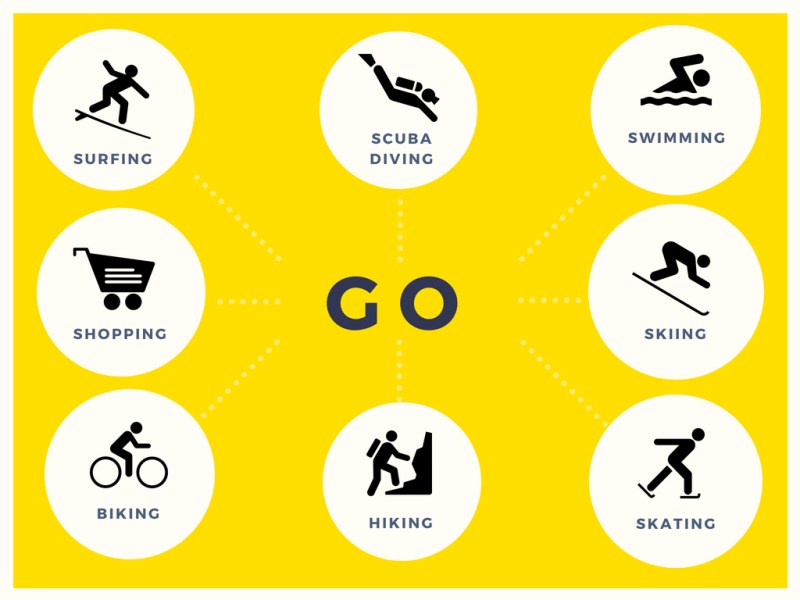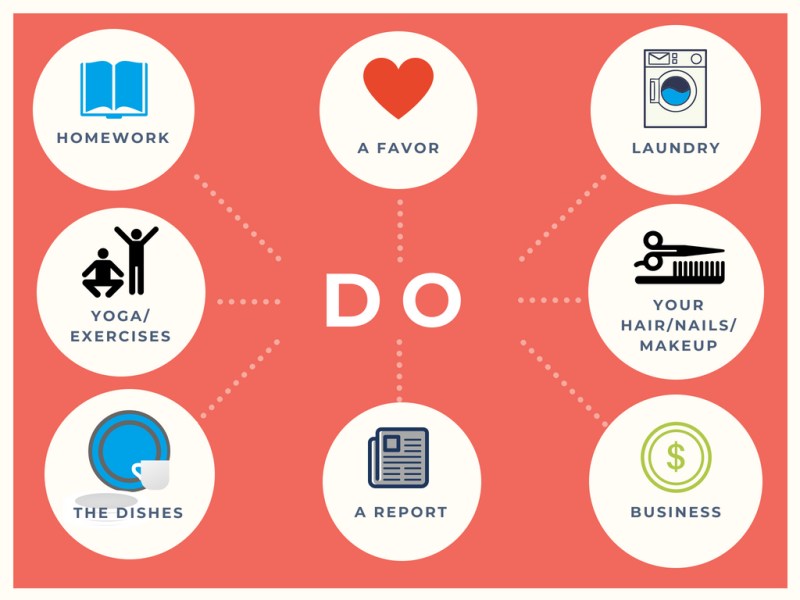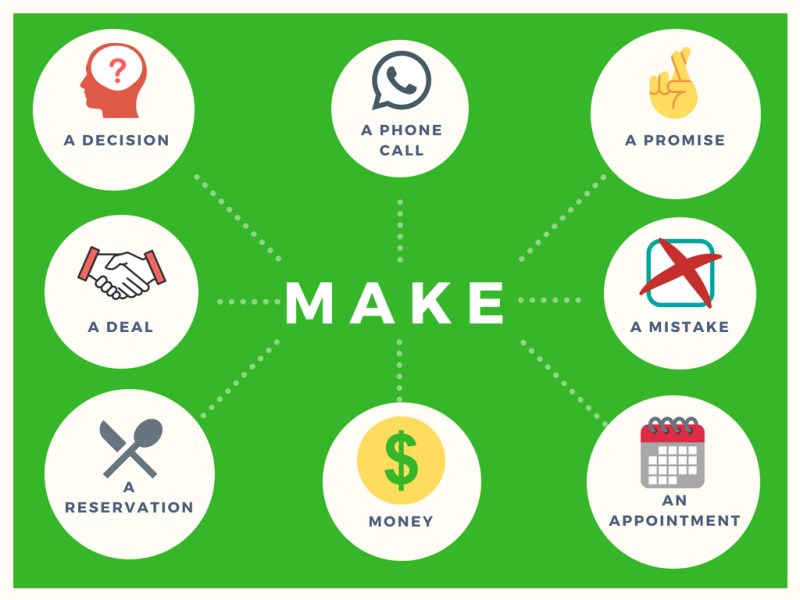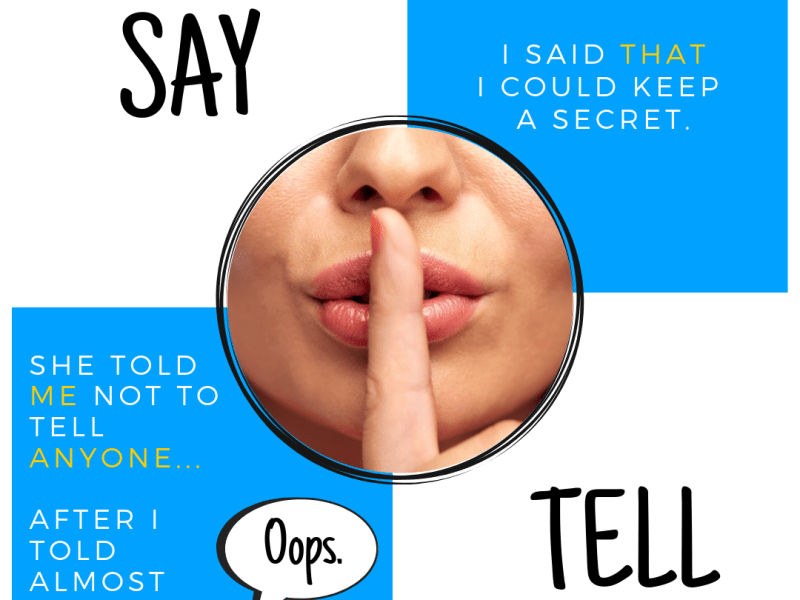Tag: TOEFL
Target Pronunciation: How To Pronounce -ED Words in English
Alternate Endings The pronunciation of words ending in -ed in English can be really confusing.…
Roadblocks To Reading in ESL and How To Pave The Way Toward Literacy
Every year, I do a New Year's Resolutions writing task. I ask my students what…
Go Back or Come Back: What’s the Difference?
When talking about travel, it's easy to confuse the phrasal verbs go back and come back. They both mean to…
Expressions with the Verb TO GO
Use GO with another -ING verb when you talk about activities and sports. Do you want to go surfing in…
Expressions with the Verb TO DO
The verb TO DO is very useful when talking about general actions. We use it…
Expressions with the Verb TO MAKE
The verb TO MAKE has several different uses. The literal meaning is to create something. Here…
Say vs. Tell: What’s the Difference?
SAY and TELL are similar - they are used to communicate information. So what's…
Visual Vocabulary – Common English Expressions with TAKE
Take a few minutes to think about the verb TO TAKE. To Take literally means "to…
Be Going To vs. Will for the Future Tense: What’s the Difference?
Robot: What are you going to do today?Astronaut: …
Go, Do, or Play? Verbs for Sports and Activities
GO, PLAY, and DO are all used for sports and activities, but choosing the right verb takes…









